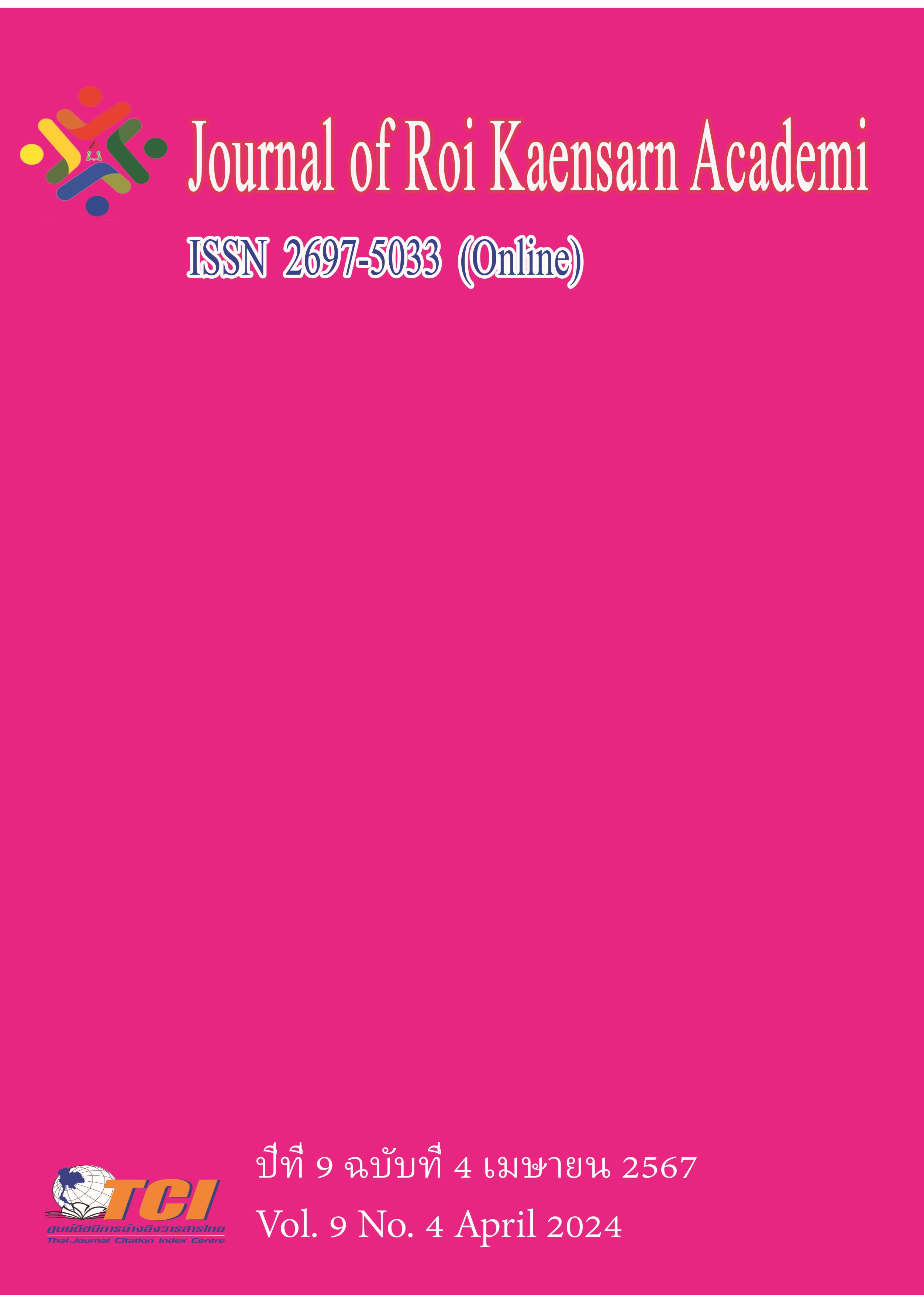Human-Centered Enablement for the Development of Chinese Opera: New Pathways for Inheriting Yiyang Opera in Jiangxi Province
Main Article Content
บทคัดย่อ
Yiyang Opera is one of the four major Chinese opera singing styles in ancient China. It once permeated forty-seven Chinese opera genres as a dominant form, but has gradually been replaced by Beijing Opera and Kunqu Opera, which have inherited and carried on the tradition more vigorously. Despite its storied reputation, Yiyang Opera now faces bottlenecks in its inheritance. With the development of modern society, there is an urgent need for scholars to rethink pathways for passing down Yiyang Opera. This paper takes a human-centered approach to explore new avenues for the future inheritance of Yiyang Opera. Firstly, it proposes that cultivating and protecting inheritors is crucial for the inheritance of Yiyang Opera. It suggests approaching this from both fostering mid-career and young inheritors, and protecting elderly inheritors. For younger generations, training through opera education, personal enhancement, master mentorship, and action learning could be implemented. For elderly inheritors, combining home-based elderly care with inheritance institutes could leverage their skills. Secondly, the paper discusses constructing inheritance systems for Yiyang Opera in universities, including talent training models, curriculum design, and after-school practical activities to bring Yiyang culture onto campuses. Thirdly, expanding the popular foundation of Yiyang Opera is also key. This could be achieved by developing private Yiyang troupes, building Yiyang rural culture, and creating new contemporary Yiyang works to spread its influence among the masses. By innovating inheritance pathways and tackling challenges in protecting and passing on Yiyang Opera, this ancient art form can be passed down through generations, providing valuable theoretical references for Chinese opera inheritance. With multidimensional perspectives on inheriting Yiyang Opera, this paper proposes many positive recommendations of significant referential value in promoting the cultural inheritance and innovation of Yiyang Opera.
Article Details
เอกสารอ้างอิง
Chen, Y. (2019). The path of local opera inheritance in colleges and universities: Taking Hang opera as an example. Chinese Drama, (08), 80-82.
Fei, F. (2023). A preliminary analysis of the construction of high-level young and middle-aged professional technical talent team in disease control . Heilongjiang Medicine, (12), 1483-1486.
Feng, J. C. (2022). Protect and inherit intangible cultural heritage well . Theoretical Guide, (02), 49.
Liu, J. (2023). Digital humanities empowering opera development: New ideas to break through the dilemma of Yiyang Qiang opera inheritance. Chinese Drama, (01), 61-63.
Meng, D. F. (2018). Outline of China's strategy for building a strong talent country in the new era . Reform, (09), 81-90.
Xie, Y. J. (2023). Research on Peking opera art inheritance in the past decade. Chinese Intangible Cultural Heritage, (01), 42-49.
Xu, F., Pan, Q. B., & Xiong, W. (2017). Outline of modern and contemporary music history in Jiangxi. Baihuzhou Literature and Art Publishing House.
Yi, L., & Liu, S. Q. (2022). The realistic predicament and solution of the management mechanism of intangible cultural heritage protection: Based on a survey of 300 representative inheritors in Hunan Province. Journal of South-Central University for Nationalities (Humanities and Social Sciences), (08), 78-87+184.
Zhang, X. M., & Huang, J. (2023). A study on the construction of inheritance models for Miao and Dong intangible cultural heritage inheritors.Guizhou Social Sciences, (03), 107-113.

